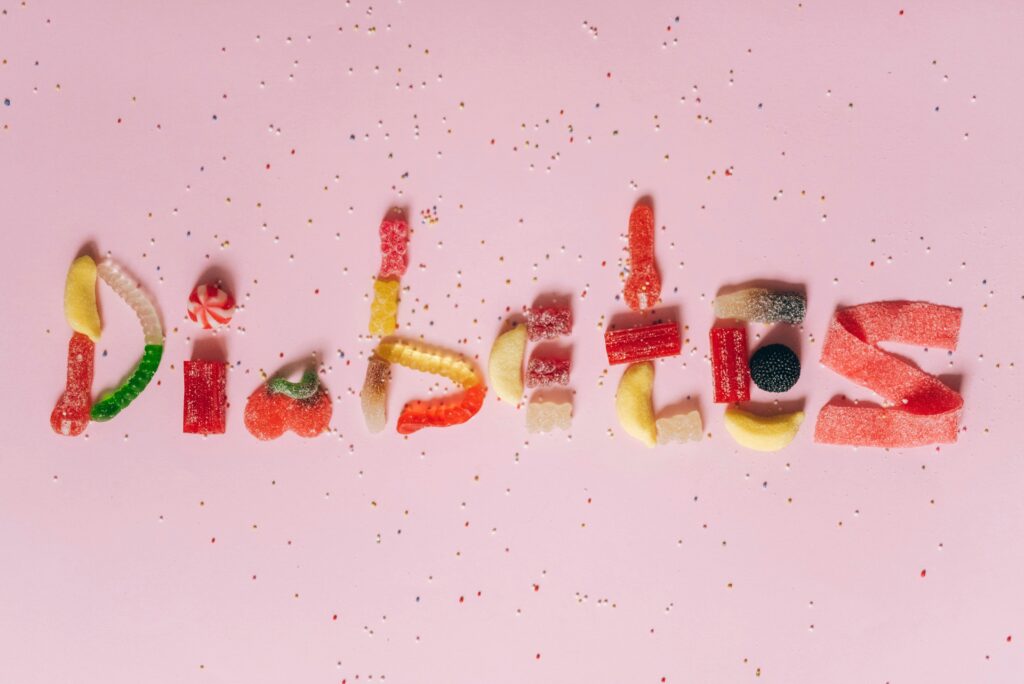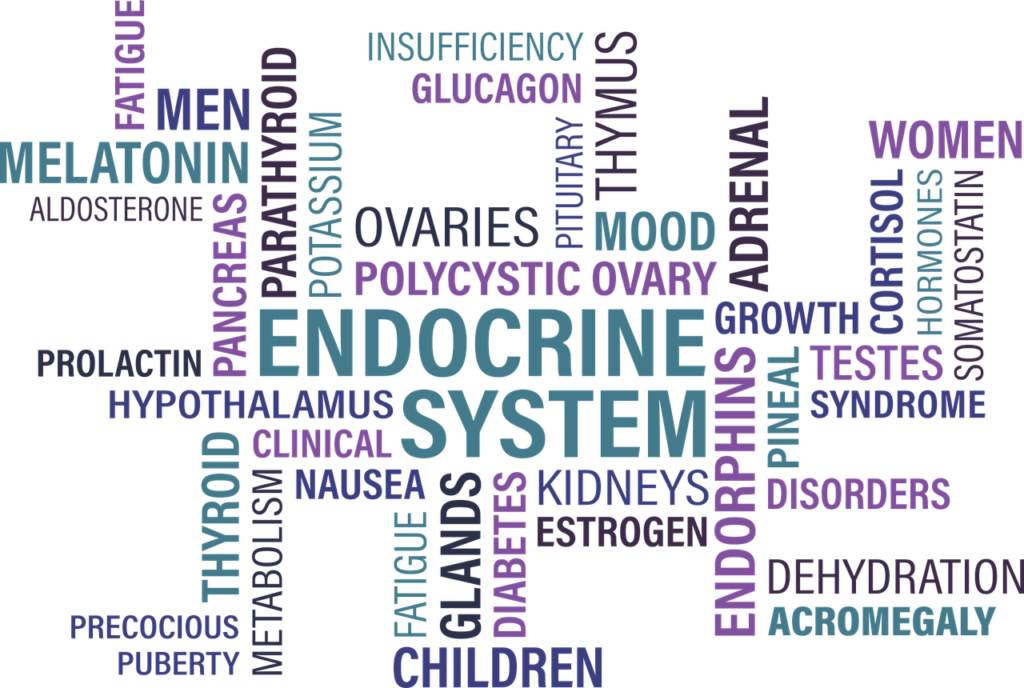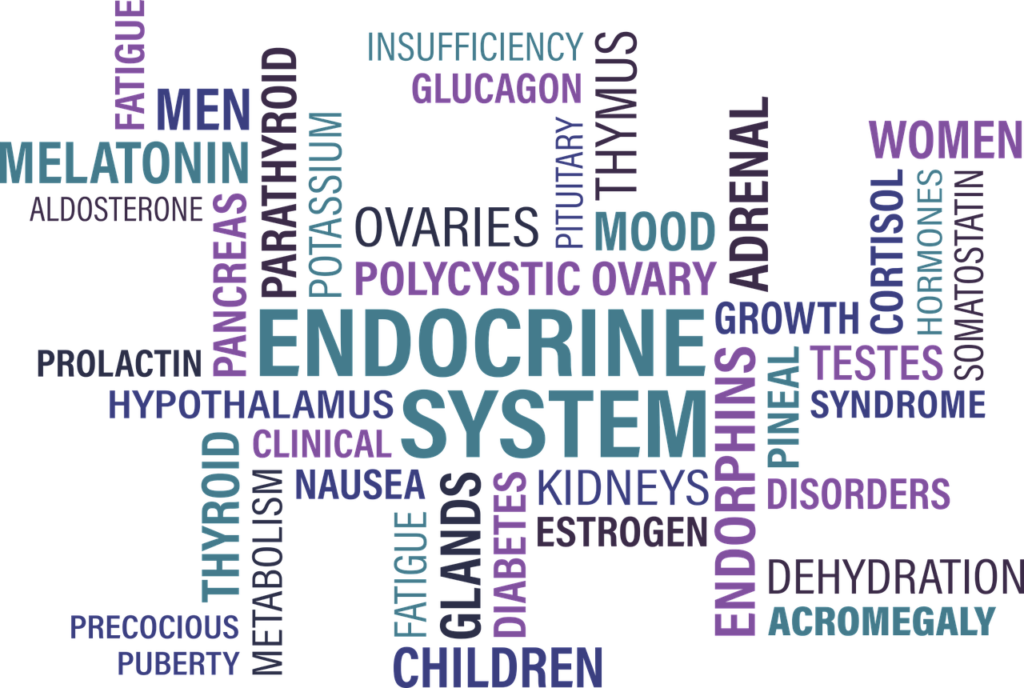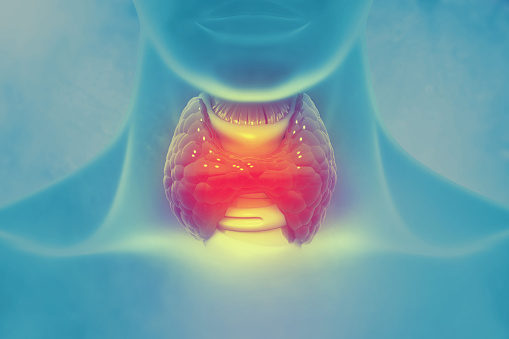Are you at risk of developing diabetes?
Diabetes Mellitus (DM) is a group of conditions in which blood glucose (BG) levels are elevated. The 3 most common types of diabetes are: DM may lead to serious complications. The best strategy is to try and prevent DM from occurring. Therefore, it is useful to understand who is at risk of developing DM […]





